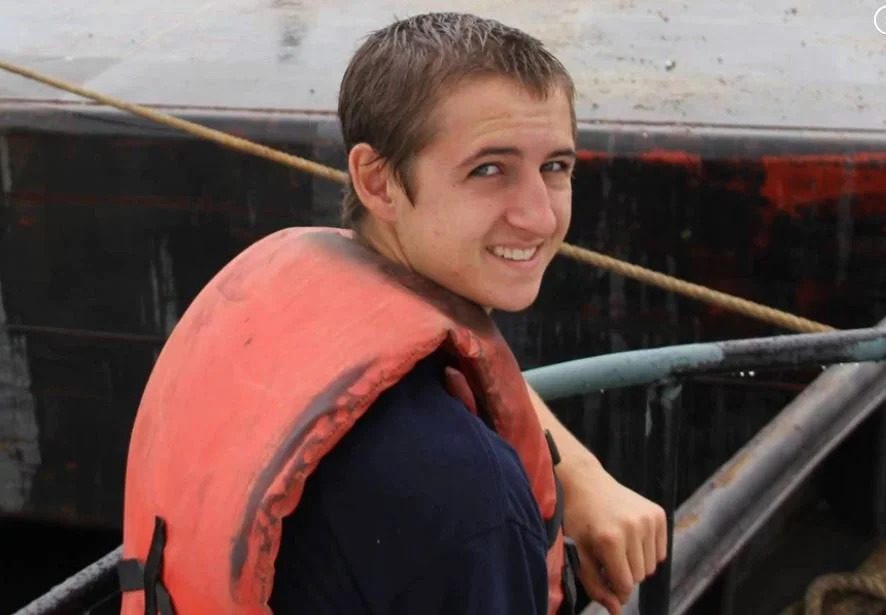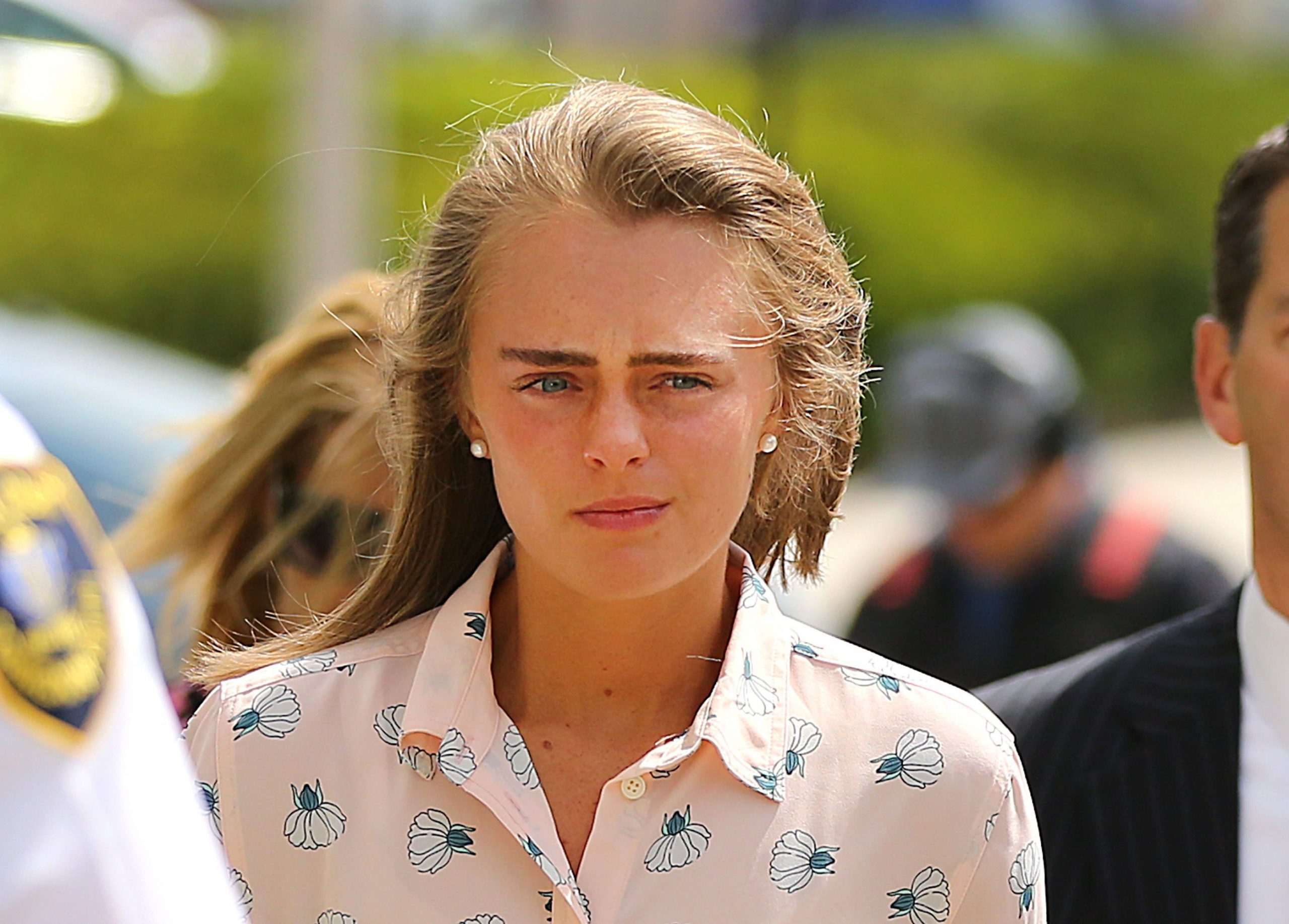The Girl from Plainville is drama miniseries in America created by Liz Hannah and Patrick Macmanus that premiered on Hulu on March 29, 2022. Elle Fanning, Chlo Sevigny, and Colton Ryan play the lead roles. There were a total of 8 episodes in the series. The series received a positive response, with particular praise for the performances of the actors.
The Hulu show is based on the real-life ‘texting suicide’ case and dramatizes the events leading to the death of Conrad Roy and the subsequent conviction of his girlfriend Michelle Carter for involuntary manslaughter. Multiple media outlets have covered the remarkable tale of Massachusetts teenagers Michelle Carter and Conrad Roy III.
The case inspired a Lifetime movie called Conrad & Michelle: If Words Could Kill, a two-part documentary by Erin Lee Carr called I Love You, Now Die, and finally, The Girl from Plainville.
Now let’s talk about the infamous case that inspired the series.
Real Story Behind The Girl From Plainville
Conrad Henri Roy III was an American teenager who committed suicide on July 13, 2014, when he was 18 years old. Roy killed himself with carbon monoxide fumes in his pickup in a Kmart parking lot in Fairhaven, Massachusetts, after exchanging digital messages with Carter. His girlfriend, Michelle Carter, 17, had urged him to commit suicide via text messages.
The incident, often known as the “texting suicide case,” was the focus of a noteworthy investigation and involuntary manslaughter prosecution in Massachusetts since it was the first time a person went on trial for manslaughter via text message. Carter repeatedly texted a mentally unstable Roy to kill himself in the numerous text conversations, emails, and phone calls exchanged between the two in the days before Roy’s death.

Roy allegedly experienced physical violence from his father and verbal abuse from his grandfather, according to court records. After his parents’ divorce in October 2012, he attempted to end his life. Roy had seen several therapists and counselors, including a cognitive behavioral therapist, in the weeks before his passing for his social anxiety and depression.
He had previously been hospitalized for an acetaminophen overdose at the age of 17. Carter and Conrad Roy met in 2012 while visiting relatives in Florida. Carter was using prescribed citalopram, also known as Celexa, to treat her anxiety and depression. They only saw each other in person five times over the course of their two-year relationship.
Instead, they mainly communicated via text and email. Carter frequently urged him to “seek professional treatment” in 2012 and 2014 after knowing that he intended to commit suicide. But in July 2014, she had a change of heart and began to believe that it would be a “good thing to help him die.”.

317 pages of text conversations exchanged between Michelle Carter, and Conrad Roy were presented to the judge during the trial. Roy spoke with Carter twice on the evening of July 12, 2014, just before his death. While the exact details of the calls remain unknown, detectives discovered a text message Carter sent to a friend, in which she appeared to admit to encouraging Conrad Roy to get back into his truck.
Carter’s lawyers argued that their text history revealed that Roy had been thinking about suicide without Carter’s knowledge and that Carter’s texts were protected by the First Amendment. These motions were declined by the judge. Carter was found guilty of involuntary manslaughter by Judge Lawrence Moniz, who concluded that she wanted Roy dead and that her remarks forced him to commit suicide.
The main factor in Moniz’s decision was Carter’s final phone, in which she instructed a terrified Roy to go back inside his truck while it was loaded with carbon monoxide. According to Moniz, Roy was having second thoughts about his suicide when he exited his truck, but he was killed as a result of Carter’s irresponsible and wanton encouragement for him to get back to his truck.
The case brought up issues with the definition and boundaries of criminal liability. The lengthy trial captured the interest of the world due to its novel subject matter, issues relating to mental health, free speech, and definitions of crime.
Where Is Michelle Carter Now?
Massachusetts charged Carter with involuntary manslaughter in February 2015. Judge Lawrence Moniz gave her a 15-month prison term on August 3, 2017. On February 11, 2019, Carter started executing her sentence.
She was released from prison more than three months early in 2020 due to good conduct at the age of 23. Of her 15-month sentence, Carter served 11 months and 12 days. Her probation period ended in August 2022.




